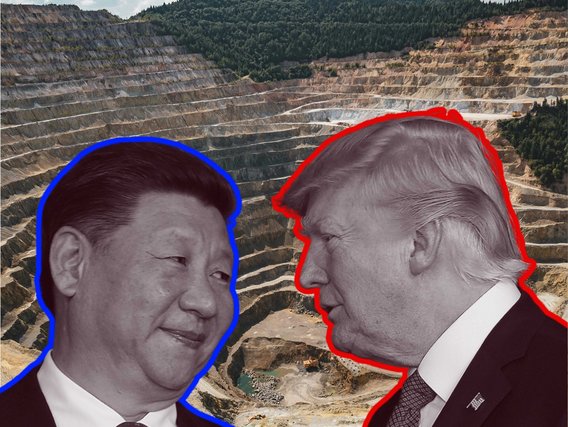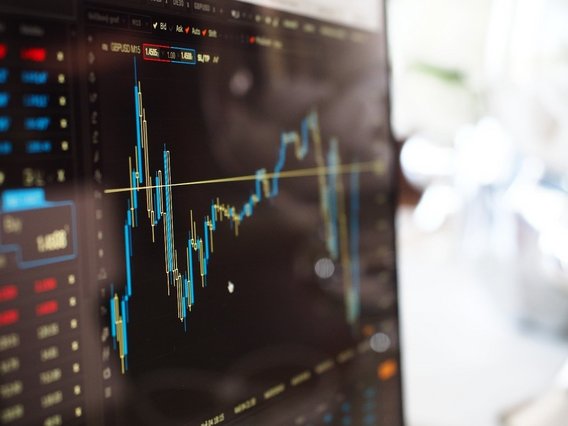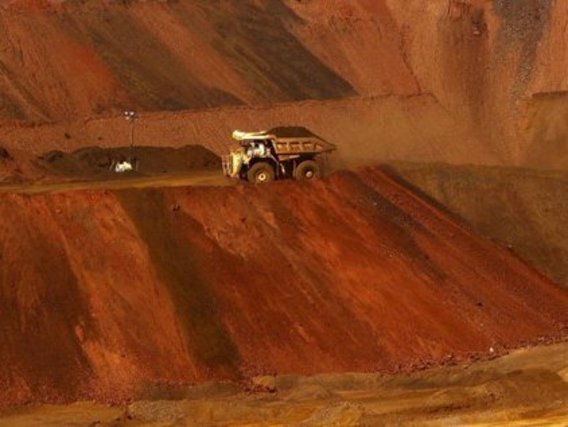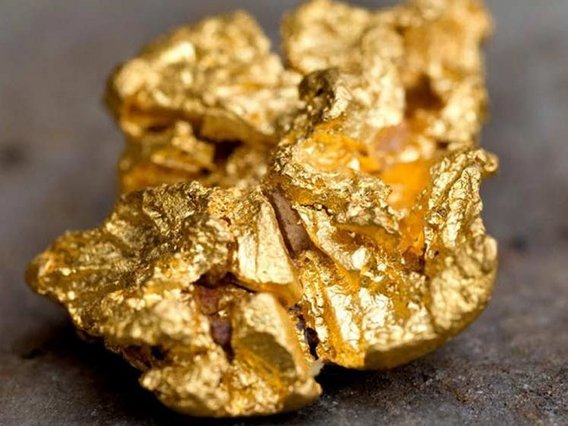
The current trade war began on 1 February 2025, when US President Donald Trump signed an executive order imposing additional tariffs of 10% on a wide range of imports, affecting several countries, including China. The measure was justified as a response to the protection of strategic US sectors.
On 10 February, China was the first country to retaliate, imposing tariffs on US energy and agricultural products. In April, the US raised tariffs against China even further, to 145%, while easing restrictions against other allied countries - a move interpreted as a manoeuvre to isolate Beijing economically. China responded with equivalent measures, including blocking exports of rare metals and suspending purchases from Boeing. In a document published by the White House, the US indicates that China could face tariffs of up to 245 per cent depending on the product. This includes a reciprocal tariff of 125%, a 20% tariff to address the fentanyl crisis and Section 301 tariffs on specific goods of between 7.5% and 100%. In the second half of April, US tariffs on China reached 245%, with no concrete signs of a truce, while tensions put pressure on global production chains and deepen international economic uncertainty.


